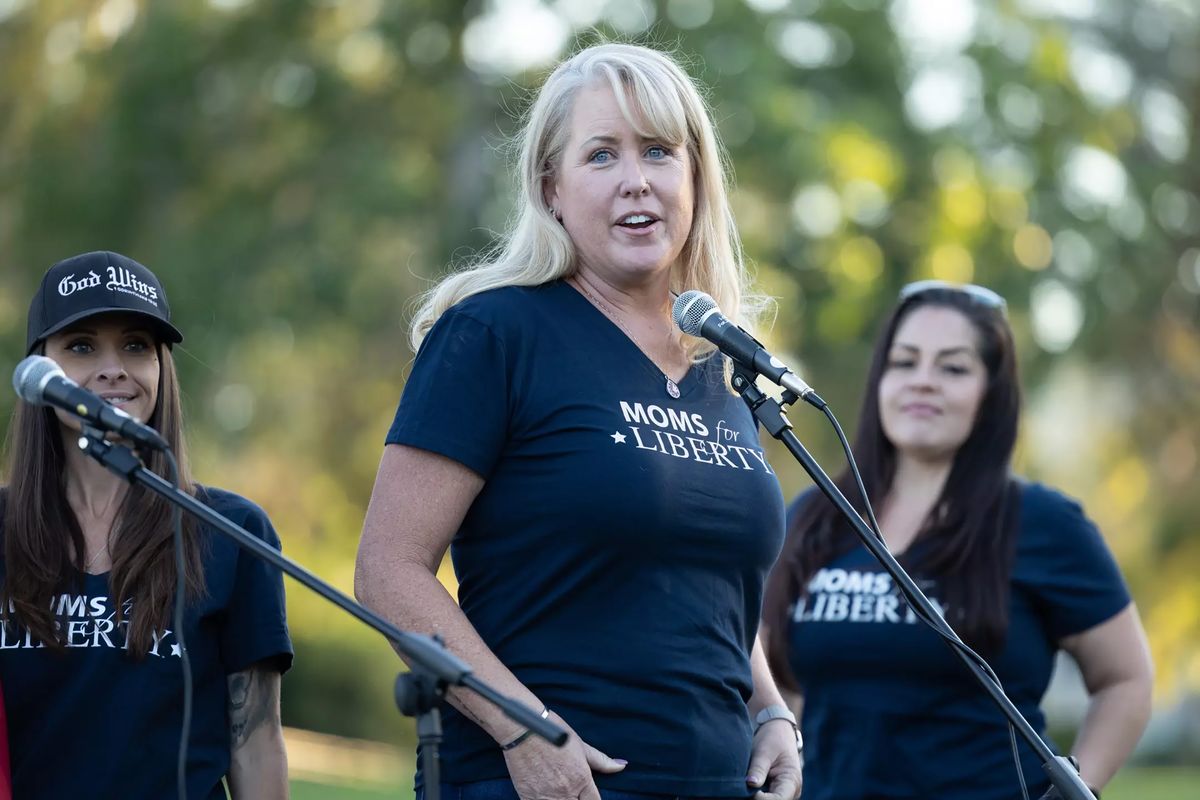Trump’s promises to conservatives raise fears of more book bans in US

LOS ANGELES – The recent national furor around banning books on race and gender in public schools is intensifying as President-elect Donald Trump threatens to shut down the Department of Education, emboldening conservatives to end “wokeness” in classrooms.
Battles over books in school libraries have become emblematic of the country’s larger culture wars over race, historical revisionism and gender identity.
A new report by PEN America found book bans increased by nearly 200% during the 2023-24 school year, including titles on sexuality, substance abuse, depression and other issues students face in an age of accelerating technologies, climate change, toxic politics and fears about the future.
Book censorship has shaken and divided school boards, pitted parents against parents, and led to threats against teachers and librarians. It is part of an agenda driven by conservative parental rights groups and politicians who promote charter schools and voucher systems that could weaken public education. The issue goes to the heart not only of what students are taught but how federal and state education policies will affect the nation’s politics after one of the most consequential elections in its history.
“It’s not just about taking a book off a shelf,” said Tasslyn Magnusson, an author and teacher from Wisconsin who tracks book censorship across the U.S. “It’s about power and who controls public education. It’s about what kind of America we were and are. We’re trying to define what family is and what America means. That comes down to the stories we tell.”
She said she feared Trump’s return to the White House would further incite those calling for book bans: “I don’t have lots of hope. It could get a lot worse.”
Over the past year, PEN counted more than 10,000 book bans nationwide that targeted 4,231 unique titles. Most were books dealing with gender, sexuality, race and LGBTQ+ storylines. Florida and Iowa – both of which have strict regulations on what students can read – accounted for more than 8,200 bans in the 2023-24 school year.
“This crisis is tragic for young people hungry to understand the world they live in and see their identities and experiences reflected in books,” Kasey Meehan, director of PEN’s Freedom to Read Program, said in a statement. “What students can read in schools provides the foundation for their lives.”
Trump’s calls to close the Department of Education would need congressional approval, which appears unlikely. Although public schools are largely funded and governed by state and local institutions, the department helps pay to educate students with disabilities, provides about $18 billion in grants for K-12 schools in poor communities, and oversees a civil rights branch to protect students from discrimination.
But Trump’s election has inspired conservative parental groups, including Moms For Liberty and Parents Defending Education, to strengthen efforts to limit what they see as a liberal conspiracy to indoctrinate children with books and teachings that are perverse, amoral and pornographic.
Tiffany Justice, co-founder of Moms for Liberty, has criticized schools that she says spend too much time on diversity and inclusion when only about one-third of U.S. children are reading at grade level: “We’re talking about public school libraries and content for kids,” Justice told NewsNation after Trump’s victory. “I think it’s very clear that there are certain things that are appropriate for kids, certain things that are appropriate for adults. We’re just getting back to commonsense America.”
Trump’s threat to deny federal funding to schools that acknowledge transgender identities could affect curricula and the kinds of books school libraries stock.
In nominating Linda McMahon to be his secretary of Education, Trump appears to be pushing for more conservative parental control over what is taught and read in classrooms. A former professional wrestling executive, McMahon chairs the America First Policy Institute, a Trump-connected organization that has criticized schools for teaching “racially divisive” theories, notably about slavery and a perspective about the nation’s founding it views as anti-American.
“Today’s contentious debates over using classrooms for political activism rather than teaching a complete and accurate account of American history have reinvigorated calls for greater parental and citizen involvement in the curriculum approval process,” the institute’s website says.
Culturally divisive issues, including race and LGBTQ+ themes, cost school districts an estimated $3.2 billion during the 2023-24 school year, according to a recent study called “The Costs of Conflict.” The survey – published by the Institute for Democracy, Education and Access at UCLA – found that battles over books and teaching about sexuality and other topics led to increased expenses for legal fees, replacing administrators and teachers who quit and security, including off-duty plainclothes police officers.
“Are we really going to spend our tax dollars on these kinds of things?” asked Magnusson. “After Trump was elected, I saw a bunch of middle-class white ladies like me who were saying, ‘This isn’t America.’ But maybe it is America.”
One school superintendent in a Western state said his staff was often consumed with correcting misinformation and fulfilling public record requests mainly from hard-line parental rights activists attempting to exploit cultural war issues to discredit the district. “Our staff are spending enormous amounts of time just doing stupid stuff,” the superintendent said. “The fiscal costs to the district are enormous, but [so are] the cultural costs of not standing up to the extremists. If someone doesn’t, then the students and employees lose. … It’s the worst it’s ever been.”
The survey found that 29% of 467 school superintendents interviewed reported that teachers and other staff quit their profession or left their districts “due to culturally divisive conflict.”